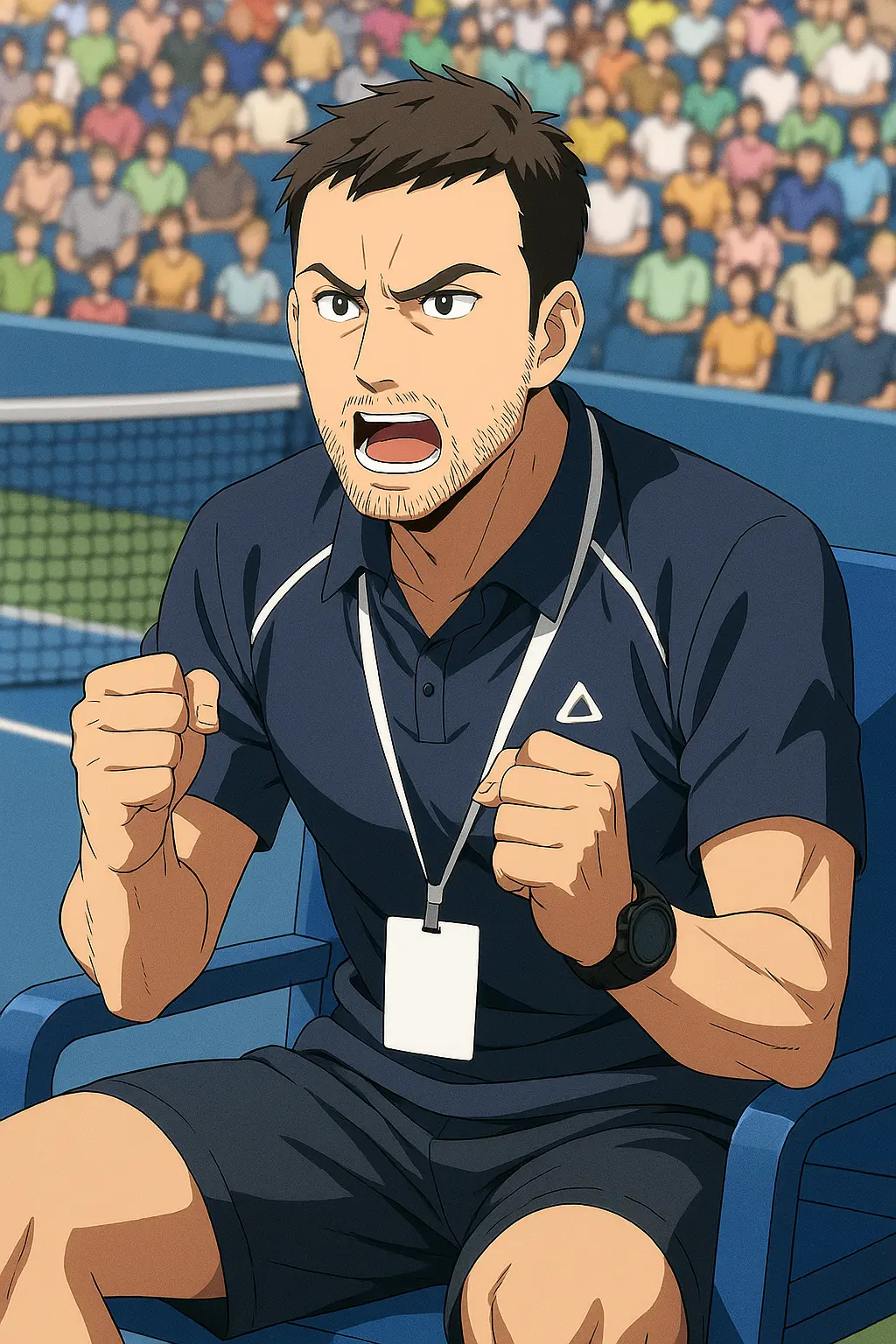Elena Rybakina should have been basking in glory. A 6-3, 7-6(0) masterclass over world No. 1 Aryna Sabalenka delivered her the WTA Finals crown — the biggest title of her career outside Wimbledon. But instead of a victory lap, the 26-year-old found herself at the centre of another storm.
Her refusal to stand beside WTA CEO Portia Archer during the trophy presentation — a small gesture with large implications — has split opinion across the sport. Some called it defiance. Others, disrespect.
Rybakina’s Quiet Protest
The Kazakh barely put a foot wrong on court all week, slicing through the field with her usual icy composure. Against Sabalenka, she looked untouchable at times — gliding through rallies, hammering forehands, and serving with a surgeon’s precision. It was the kind of tennis that made the rest of the field look a gear behind.
But the picture that defined the night wasn’t one of Rybakina smiling with her trophy. It was her refusal to pose with Archer — the woman who had overseen the suspension of her coach, Stefano Vukov, earlier this year. Their relationship has never recovered, and her actions in Riyadh made that abundantly clear.
Shriver Fires Back
Pam Shriver, the 22-time doubles Grand Slam champion turned commentator, was unimpressed. On X, she fired off a pointed response:
“Imagine winning more prize money in one tournament than the entire Original Nine over their collective careers, then dissing WTA CEO because the CEO has tried to ensure stronger safeguards in your sport… it’s hard to imagine.”
The post sparked immediate backlash, with many accusing Shriver of missing the nuance. One fan’s reply captured the mood: “Pam, I would have expected better from you. If you believe Rybakina, her coach was wrongly accused. If you don’t, then she’s reunited with a coach who’s abused her. Neither scenario lends itself to a good relationship with the WTA right now. She needs prayers, not scorn.”
This wasn’t the first time Shriver had targeted Rybakina’s camp. When Vukov was initially suspended in early 2025, she’d called for the sport to “stand up to known abuse and cult-like manipulations of players.” It prompted a rare public rebuke from Rybakina herself at the Australian Open.
“I don’t know her personally,” Rybakina said at the time. “She never came to me, never talked with me. I don’t think it’s fair to make comments like that, especially being an active coach and journalist.”
Kuznetsova Takes the Opposite View
In sharp contrast, former world No. 2 Svetlana Kuznetsova hailed Rybakina’s stance as courageous. She described the decision to avoid Archer as “a strong gesture that commands respect,” praising the Kazakh for standing by her convictions despite months of scrutiny.
“It was a particularly difficult path,” Kuznetsova wrote. “She continued to fight for what she believed was right, no matter what.”
The WTA’s Cold War
Rybakina’s friction with the WTA has been simmering since Vukov’s suspension — a punishment she saw as both personal and political. When he was reinstated in August, she promptly rediscovered her form, winning Ningbo, reaching the Tokyo semifinals, and now sweeping the WTA Finals unbeaten.
Her message in Riyadh was clear enough: she plays for herself, not for the institution. But it leaves the WTA in a difficult spot — one of its brightest stars openly alienated from its leadership, and the debate around athlete welfare, authority, and autonomy more toxic than ever.
As the sport turns its attention to Melbourne, Rybakina’s tennis looks as unshakable as her principles. The question now is whether the frost between her and the WTA will thaw — or whether the game’s new quiet revolutionary intends to stay that way.
In Riyadh, she didn’t just win a title. She drew a line.
Related WTA Articles You Might Enjoy
Vukov’s Return Fires Up Rybakina in Midnight Cincinnati Comeback over Mertens

